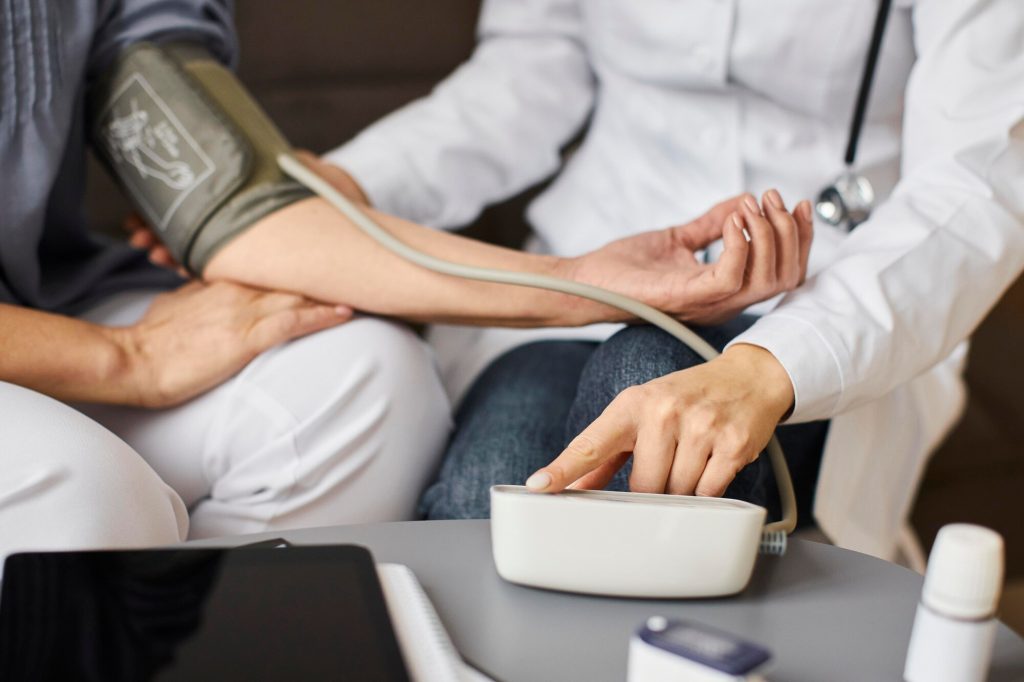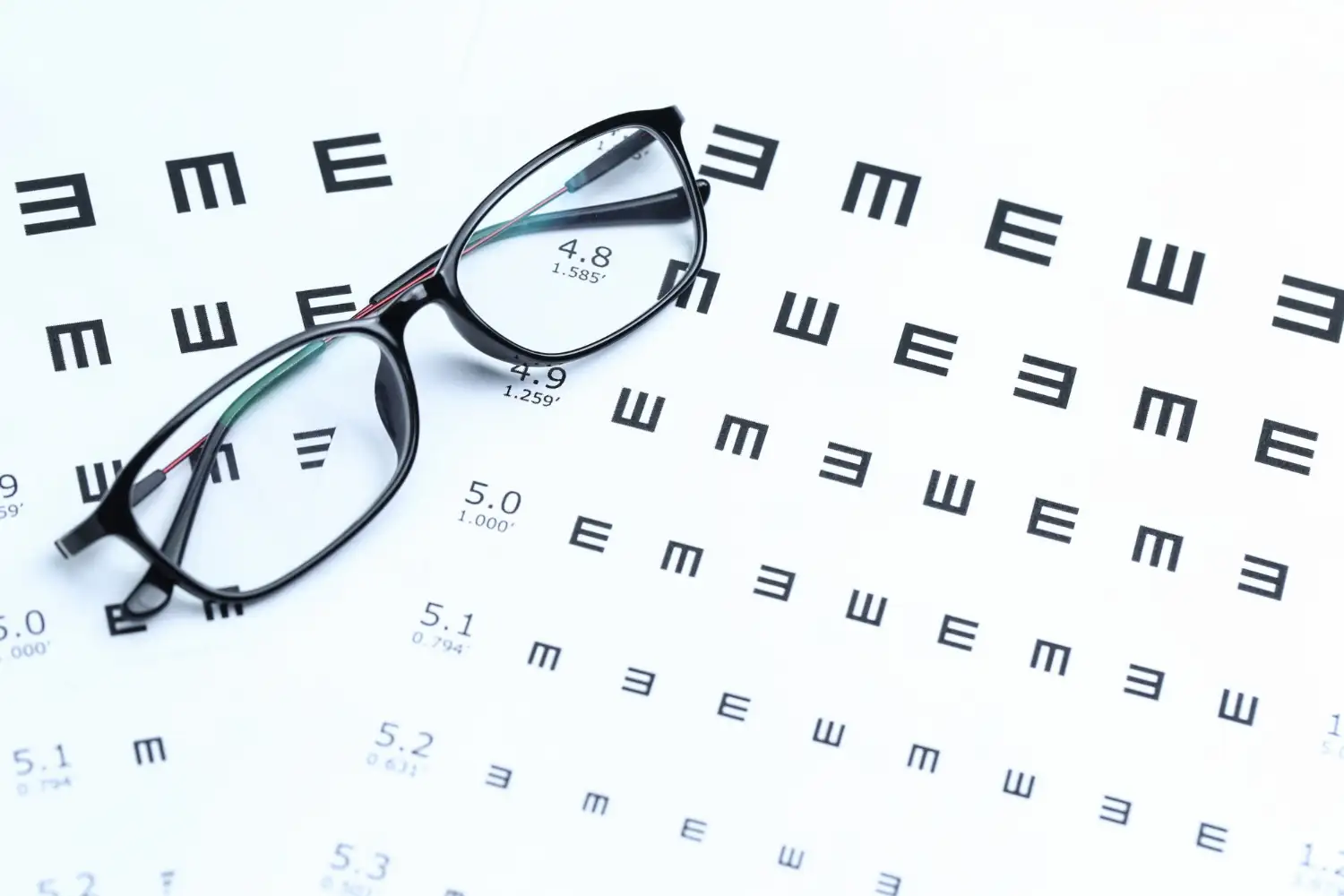High blood pressure, or hypertension, often lurks in the shadows, presenting no overt symptoms until it strikes with potentially severe consequences. This silent messenger, if left unchecked, can lead to heart disease, stroke, and other health complications. Regularly checking your blood pressure is not just a routine health practice; it is a proactive step towards safeguarding your well-being.
1. Early Detection of Hypertension
One of the primary reasons to regularly monitor your blood pressure is to detect hypertension early on. Hypertension is often asymptomatic, meaning it can silently damage your arteries and vital organs without you realizing it. Routine blood pressure checks provide a simple and effective method for identifying elevated blood pressure levels, enabling timely intervention.
2. Preventing Cardiovascular Diseases
Uncontrolled high blood pressure is a major risk factor for cardiovascular diseases. It puts strain on the heart, leading to conditions such as coronary artery disease, heart attack, and heart failure. Regular blood pressure monitoring allows for the early identification of elevated readings, allowing individuals to take proactive steps to manage their blood pressure through lifestyle changes or medication, thus reducing the risk of heart-related complications.
3. Stroke Prevention
Hypertension is a leading cause of strokes. Elevated blood pressure can damage the delicate blood vessels in the brain, increasing the risk of a stroke. Regular blood pressure checks offer a crucial tool in stroke prevention. By maintaining blood pressure within a healthy range, individuals can significantly reduce their risk of suffering a stroke and the associated long-term consequences.
4. Kidney Health



